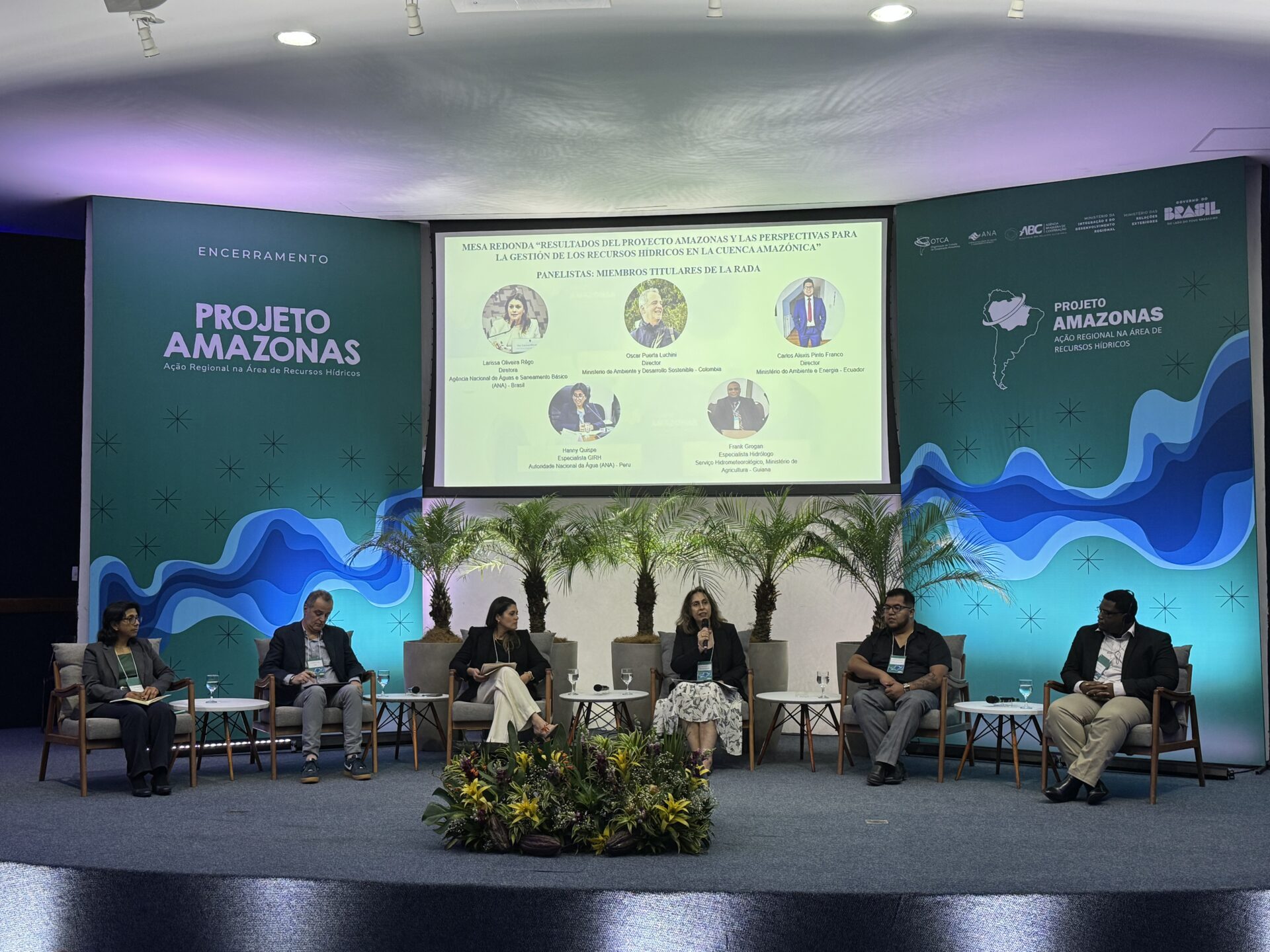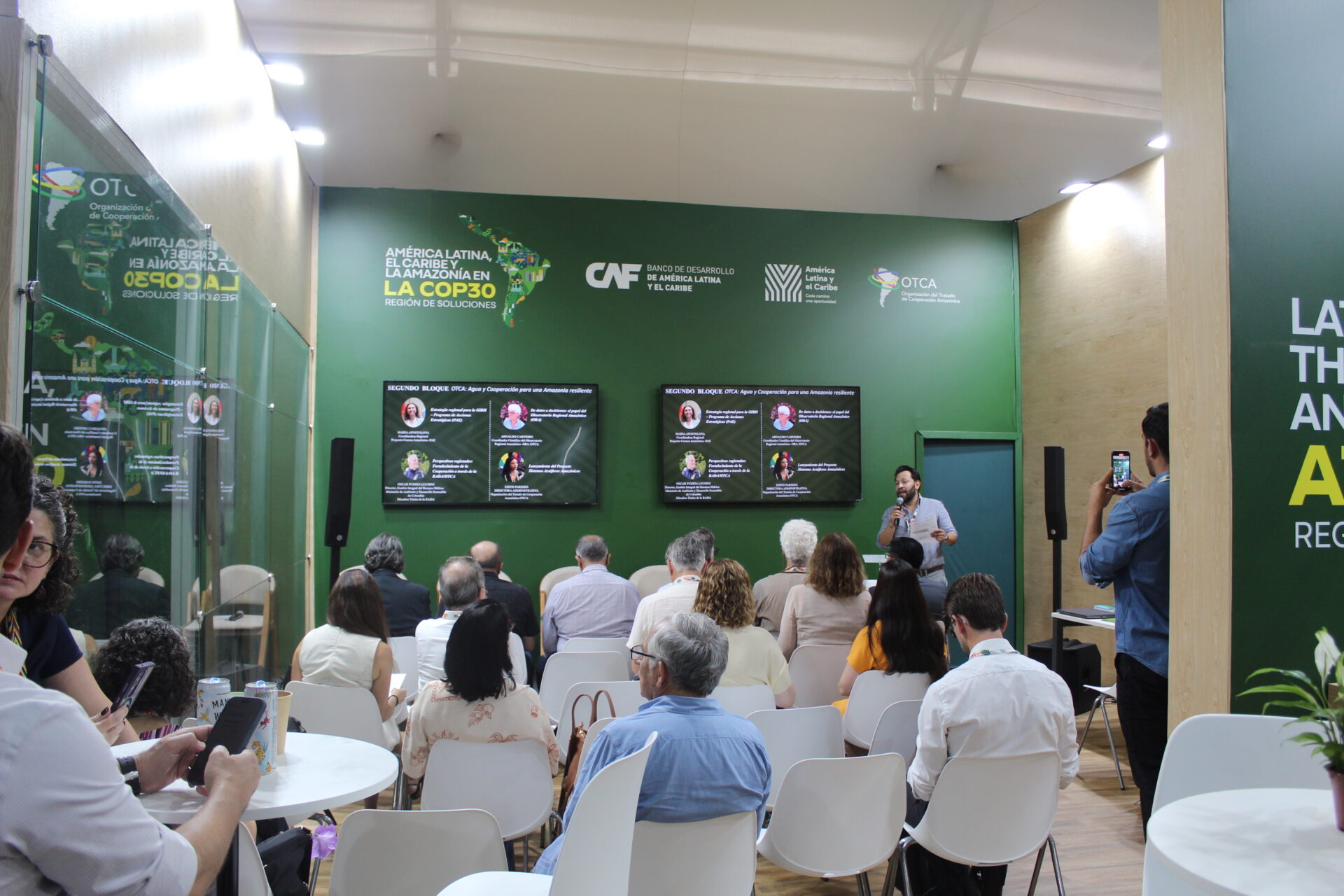In the city of Puerto Ayacucho, capital of the state of Amazonas, where the Venezuelan government and the Amazon Basin Project (ACTO/UNEP/GEF) are promoting community adaptation and resilience to climate change through nature-based measures, the Ministry of Popular Power for Ecosocialism (MINEC) held in June a Participatory Rapid Assessment (PRA) workshop with indigenous institutions and communities.
This region, which makes up the Casiquiare-Río Negro basin, is affected by flooding, so the intervention envisages the recovery of terrestrial ecosystems degraded by the rising river waters, mainly favoring small-scale agriculture.
More than 80 people from governmental and non-governmental institutions and indigenous communities took part in the PRA Workshop. All those present agreed on the need to further study the changes taking place in the region as a result of the climate crisis, in order to assess their magnitude and environmental impacts with greater scientific precision.
However, the main players in agriculture and environmental issues in the region listed, in individual interviews, the main local problems resulting from climate change, including the relocation of cultivation areas to higher ground and flood protection.
The interviews also identified local initiatives to solve the problems raised. The data collected showed that agricultural research and extension agencies, MINEC and other institutions have developed, in alliance with indigenous communities and agricultural producers, a series of conservation measures to reverse the problems in the short, medium and long term.
Next steps to start the intervention
Based on this regional scenario, the Amazon Basin Project and MINEC intend to address short-term actions to develop nature-based measures aimed at minimizing the effect of flooding and restoring terrestrial ecosystems in the Casiquiare-Rio Negro basin.
Initial actions include carrying out specific diagnoses in priority communities to determine the levels and causes of environmental degradation, analyzing the soil in each community in order to implement relevant agricultural conservation measures.
Identifying local agricultural management practices that can be reoriented, improved or replicated for greater environmental conservation is also an important first step in implementing nature-based measures to increase agricultural efficiency and improve the sustainable management of natural resources in the communities of Puerto Ayacucho.
Related news
Post
Virtual course presents the potential of cloud data analysis for Amazonian water resource management
5 de February de 2026
As part of the Amazonian Training Plan for Integrated Water Management, from the Amazonian Network of Water Authorities (RADA), the [...]
Post
16 de December de 2025
The roundtable discussion “Results of the Amazon Project and Prospects for Water Resource Management in the Amazon Basin” was held [...]
Post
28 de November de 2025
Water is the central element through which most of the impacts of climate change manifest themselves: more intense droughts, extreme [...]







